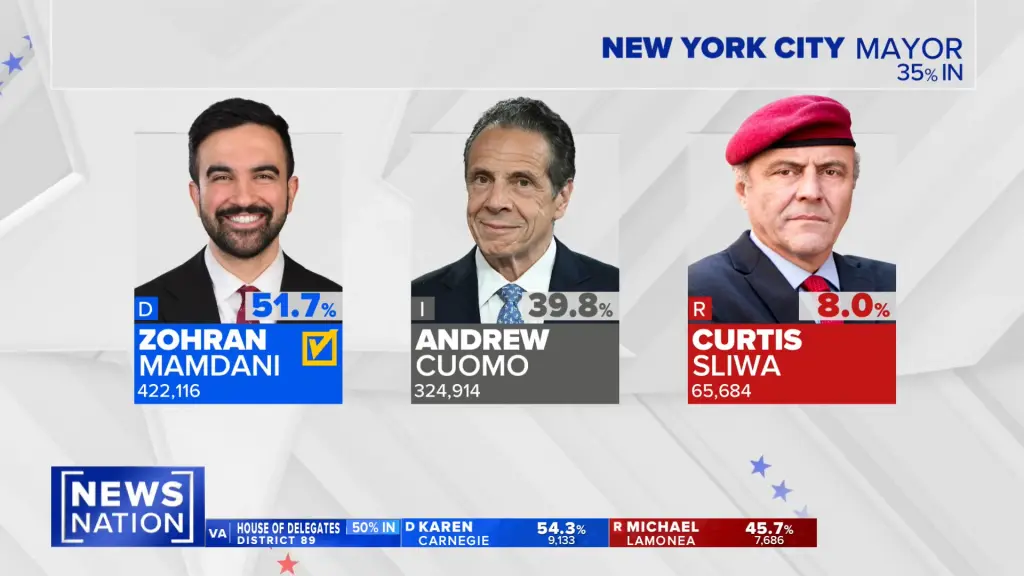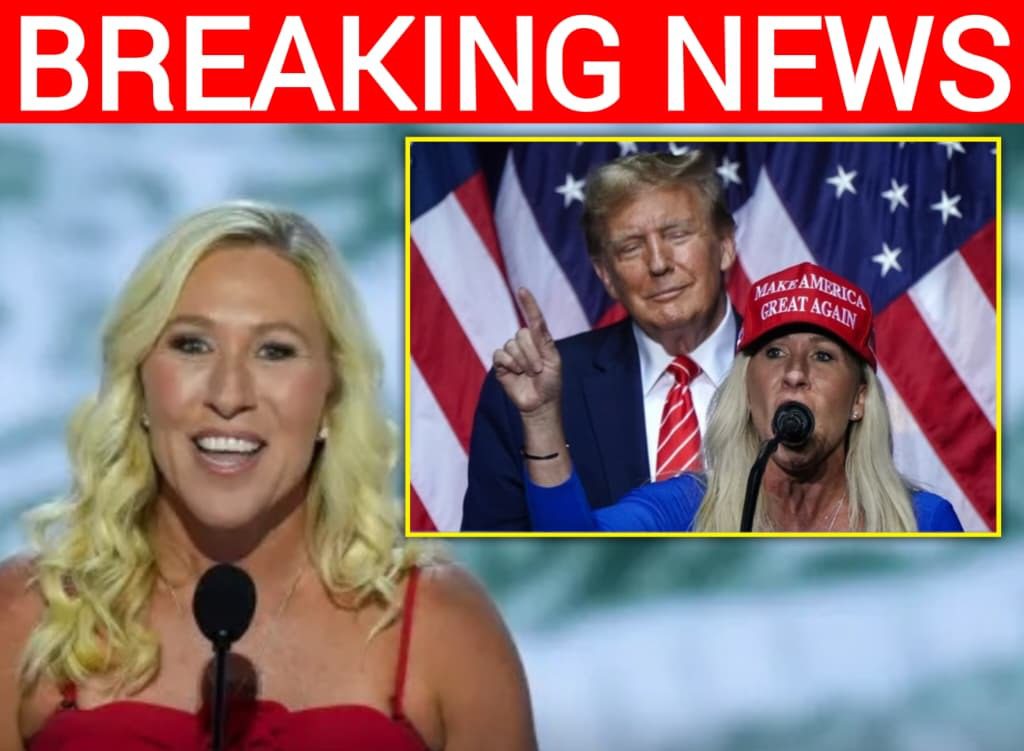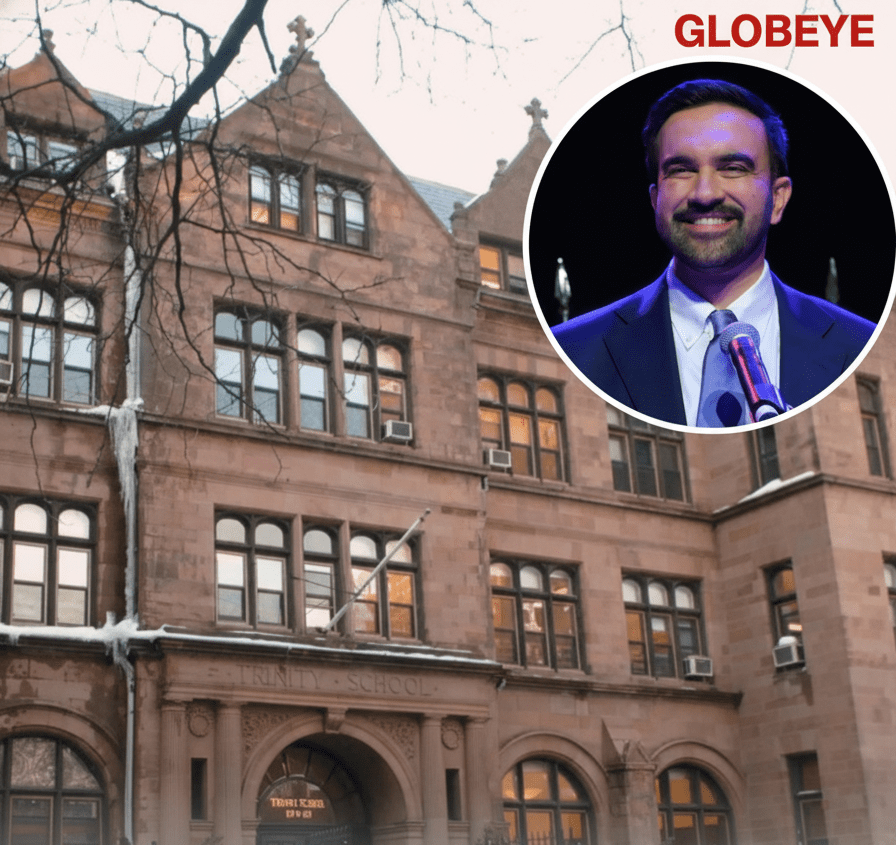How Zohran Mamdani Overtook Andrew Cuomo and Made History in New York City’s Mayoral Battle
The final results of the New York City mayoral election delivered a moment many once considered improbable: Zohran Mamdani, a young state assemblyman and self-described democratic socialist, has secured victory in the city’s mayoral contest, defeating former governor Andrew Cuomo and writing a new chapter in the political story of the Big Apple. In a race defined by bold ideas, generational change, and a clear rejection of business as usual, Mamdani’s victory signals that New York’s voters were ready for something different.
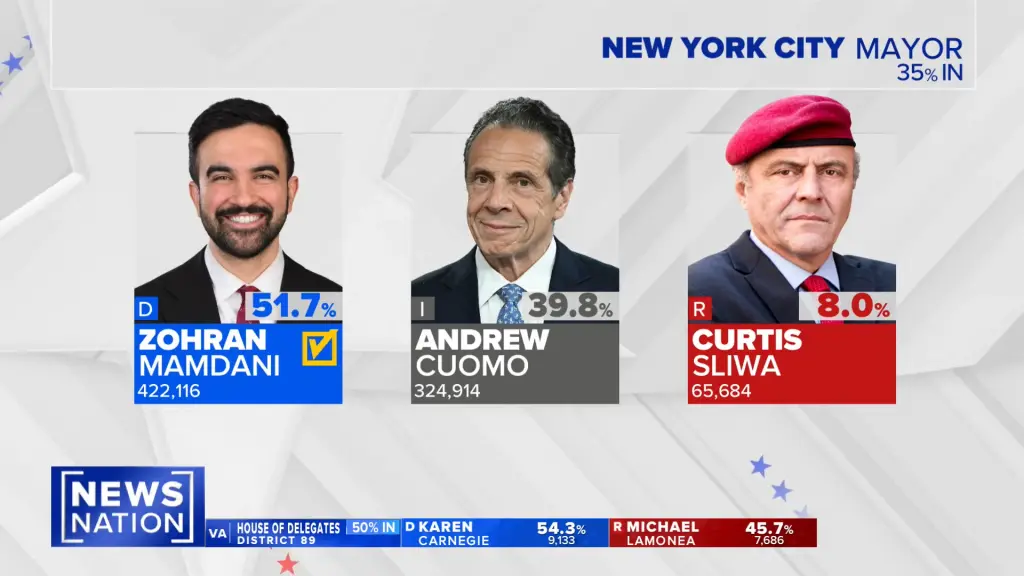
Mamdani’s rise seemed unlikely at first. In the early stages of the campaign he was largely unknown, challenged by a political heavyweight in Andrew Cuomo who carried name recognition, experience and an established network. But by focusing on affordability, housing, public services and appealing directly to young voters as well as traditionally under-represented communities, Mamdani built momentum. His decisively strong showing in the June Democratic primary — where he defeated Cuomo in a ranked-choice voting system — sent a message to observers beyond the city: the old guard may be vulnerable, and voters are hungry for fresh voices.
Following the primary, Mamdani’s campaign did more than merely survive the scrutiny — it accelerated. His message of fare-free buses, rent freezes for stabilized units, universal childcare, and city-run grocery stores resonated in neighborhoods where the cost of living has become a daily burden. He argued that New York’s future would be found in investing in people, not just the property owners or the very wealthy.
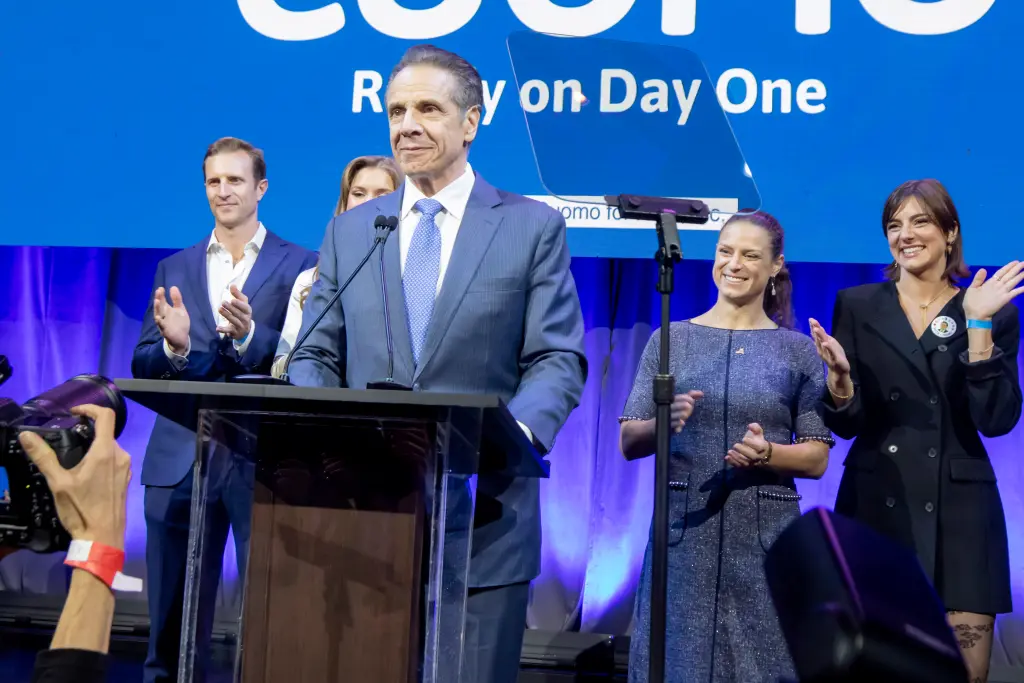
But the journey hasn’t been without challenge. His campaign became a litmus test for the internal divide in the Democratic Party between established centrists and a more progressive wing that believes change must come from structural shifts, not incremental tweaks. Business leaders and moderate Democratic donors watched carefully, some with concern, wondering whether the ground was shifting under them.
On election night, when the board of elections confirmed that Mamdani had secured a majority of greater than 50 % in the final ranked-choice tally, the moment felt monumental. Reports indicate that he received the highest vote count in a Democratic mayoral primary in New York City in more than three decades — a clear statistical and symbolic milestone for his campaign.
What makes the win more remarkable is the coalition behind it. Mamdani didn’t simply rely on the familiar—he expanded the map, repeatedly outperforming expectations in Brooklyn brownstone enclaves, Queens neighborhoods with large South Asian and Muslim communities, and among younger, first-time voters of all backgrounds. Overturning assumptions about where a progressive candidate can succeed in New York City, he built a bridge between liberal strongholds and the working-class pockets of the city that often feel left behind.
It’s worth dwelling for a moment on the human dimension of this campaign. For many of his supporters, Mamdani didn’t just promise policy changes — he embodied an energy they felt had been missing. He spoke in multiple languages, reached into South Asian, Muslim and immigrant communities, and made it clear that he believed New York’s future included everyone. His willingness to own his identity and his ideas seemed to connect with voters tired of the same old politics.
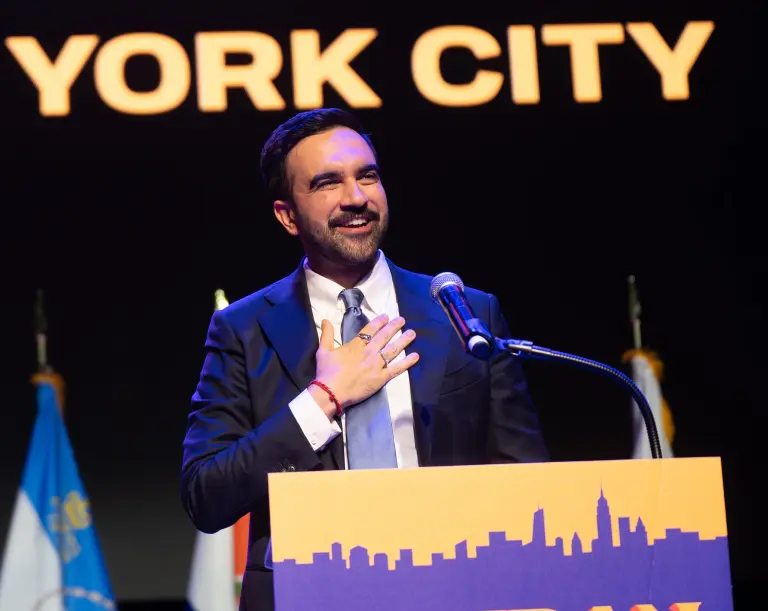
Yet his victory has raised legitimate questions and provoked debate. Some critics, including moderates within his own party, have argued that his brand of politics may be too aspirational, that promises of free buses and massive rent freezes will face steep obstacles once the realities of budgeting, governance and compromise kick in. The notion that a candidate successfully campaigning on broad structural reform might struggle to enact it is one the campaign acknowledges. Mamdani’s team has made clear they intend to govern with seriousness and pragmatism, while staying true to the vision that got them elected.
A moment of reflection is also required when thinking about the man who came in second. Andrew Cuomo’s defeat marks a sharp turn in New York’s political trajectory. Once a dominant figure in state politics, his unsuccessful bid to regain power underscores the risks facing legacy politicians in a landscape reshaped by younger, more diverse, and more ideologically driven challengers. Cuomo fought hard, but increasingly found himself out of sync with the message voters embraced. His loss is a personal one, but also a road sign of a broader generational shift.
From a policy standpoint, the implications are substantial. A mayor elected on a platform of bold reform — rather than incremental change — has the chance to reshape how governance, affordability, mobility and equity are addressed in New York. The notion of free city buses, for example, has moved from fringe to plausible. The idea of city-run grocery stores in underserved neighborhoods is no longer rhetorical. Even if everything cannot be achieved immediately, the agenda sets a trajectory that will define the next four years. For many voters, this isn’t just about one election — it’s about a different kind of future for New York City.
Of course, governing will not be the same as campaigning. Delivering on lofty promises requires navigating legislative bodies, budgets, stakeholder opposition, and public expectations. The media spotlight will be intense: every early misstep will be magnified, and every delay scrutinized. Mamdani’s future will hinge as much on execution as on inspiration. The stakes are high because if he succeeds, it could serve as a blue-print for progressive leadership in major metropolitan areas. If he stumbles, critics will say the vision was unmoored from reality.
There is also the matter of how this moment echoes beyond New York. Nationally, political actors and commentators are wondering whether Mamdani’s win will signal a broader shift — a movement in which younger, progressive candidates can win major offices in large cities, not despite their radical platforms, but because of them. Analysts argue that the Democratic Party is at a crossroads, split between maintaining the status quo and embracing a generational change that is already occurring in the electorate.
For New Yorkers, the message is nonetheless intimate: the people spoke. In neighborhoods once considered politically untouchable by outsiders, in communities long dealing with rising rents, unaffordable transportation, and shrinking public services, the message was that enough is enough — and change is coming. In his victory speech, Mamdani said something that resonated deeply: “Last Tuesday, Democrats spoke in a clear voice, delivering a mandate for an affordable city, a politics of the future, and a leader unafraid to fight back against rising authoritarianism.”
As he prepares to take office—reportedly for term starting January 1, 2026—attention will shift from movement building to measurable results. How his administration handles the immediate challenges — housing, transit, inflation, public safety — will shape both his legacy and the future of New York City. But for now, his victory stands as a powerful statement: when ideas align with urgency, politics can change, and when a new generation steps up, the trajectory of one of the world’s great cities can shift.
In the grand sweep of New York’s history, moments like this come when the old guard is passed and the new begins. Zohran Mamdani’s election is such a moment: not simply another mayor, but a signal that the definition of leadership in New York may have entered a new era. And for the many New Yorkers who cast their ballots, showed up at campaign events, knocked on doors for the first time—this is a win for the city they want to see.
